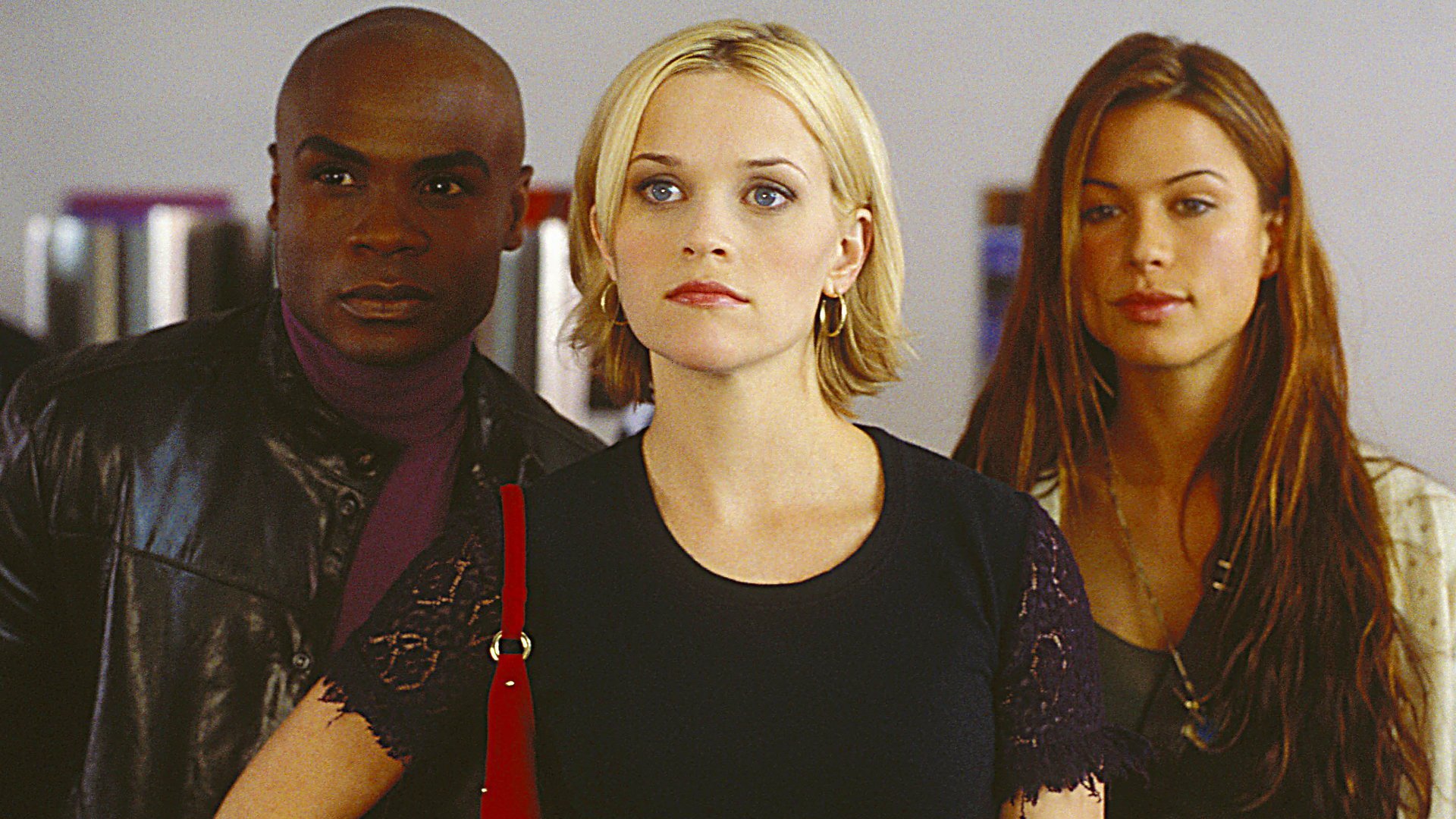

Many fans (and critics) have heard the song as a simple and straightforward attack on Neil Young (and northerners in general) and a militant defense of the South, its traditional "good ol' boy" culture, and perhaps even its system of white supremacy. We know that that key verse ends with Skynyrd frontman Ronnie Van Zant sneering that all that stuff "does not bother me / does your conscience bother you?"īut we really don't know exactly what that means.
Sweet home alabama series#
We know that the song invokes a series of hot-button political references-to segregationist Governor George Wallace, to the city of Birmingham where much bloody violence occurred during the Civil Rights Movement, to President Nixon's Watergate scandal. We know that the song was written as a direct response to a couple of Neil Young tunes criticizing southerners for racism. That all depends on what you think the song actually means. But did it succeed as the South's answer to northern criticisms of southern culture? So there's not much question that "Sweet Home Alabama" was a success, as a song. Few would argue against the idea that "Sweet Home Alabama" is worthy of consideration for any shortlist of the greatest rock songs ever. So Lynyrd Skynyrd went into an Atlanta recording studio late in 1973 to cut "Sweet Home Alabama", a record self-consciously designed to serve as the South's answer to "Southern Man" and "Alabama." The result was the biggest hit of their career (and a much bigger hit than either of the Neil Young tunes that inspired it), a hard-rocking anthem of southern pride that remains a staple of frat party DJs and classic-rock radio stations to this day.

The Skynyrd boys weren't racists what gave Neil Young the right to judge them? Or, as band frontman Ronnie Van Zant put it in a 1974 interview with Rolling Stone magazine, "We thought Neil was shooting all the ducks to kill one or two." Not every southern man was a cross-burning bigot was every white southerner supposed to feel ashamed merely for being who he was?

The southern men who comprised Lynyrd Skynyrd were huge fans of Neil Young and his music, but they felt that Young had gone too far in launching his broadside attack against the entire South and all its (white) people. "Southern man," Young sang, "better keep your head / Don't forget what your Good Book says / Southern change gonna come at last / Now your crosses are burning fast." The Canadian-born rock legend recorded a pair of tracks, "Southern Man" and "Alabama," ripping white southerners for standing in the way of progress. Neil Young certainly saw things that way. To many outsiders-especially to liberal-minded people from the North-white Alabamians' militant defense of the color line seemed, simply, indefensible. They rallied around their defiant governor, George Wallace, who marked his inauguration into office in early 1963 by declaring, "I say segregation now, segregation tomorrow, segregation forever." Social change-racial change-came to Alabama in a hurry… but not without generating stiff resistance from more than a few tradition-minded white folks who liked things just fine under the old Jim Crow system of racial segregation.

In Birmingham, police attacked civil rights demonstrators with dogs and fire hoses, and Ku Klux Klansmen blew up a black church, killing four little girls attending Sunday School inside. Martin Luther King led protest marchers on a long walk from Selma to Montgomery. It was in Alabama that Rosa Parks refused to move to the back of the bus. In the 1950s and '60s, Alabama was ground zero for the Civil Rights Movement.


 0 kommentar(er)
0 kommentar(er)
